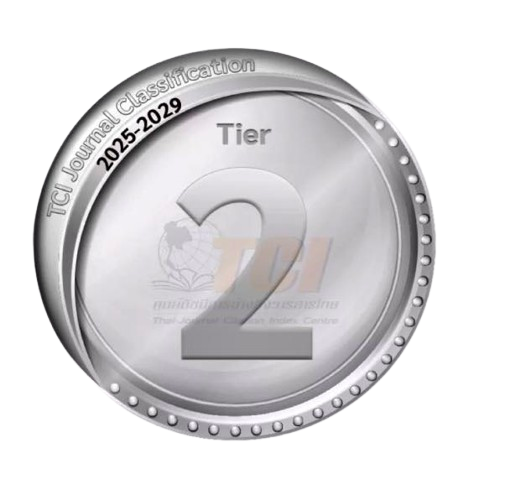Potassium Supplementation via the Dialysate and Peritoneal Dialysis-associated Peritonitis Treatment Outcomes in End Stage Kidney Disease Patients (3P study)=การผสมโปแตสเซียมคลอไรด์ในน้ำยาล้างไตและผลการรักษาภาวะติดเชื้อเยื่อบุช่องท้องอักเสบในผู้ป่วยไตวายเรื้อรังระยะสุดท้ายที่รักษาด้วยการล้างไตทางช่องท้อง
บทคัดย่อ
Background: Peritoneal dialysis (PD)-associated peritonitis is one of the most serious and common complications in end stage renal disease (ESRD) patients on maintenance PD. Some patients have primary treatment failure, relapse, catheter-removal, or death. Several observationalstudies have foundthathypokalemiais asignificant risk factor ofperitonitis. This study aims to investigatethe effect ofpotassium supplementation via the PD fluid and PD-associated peritonitis treatment outcomes.
Study Design: This study is a single center, randomized controlled trial.We randomly assigned ESRD patients with PD-associated peritonitis to a without potassium supplementation via the dialysate group (enteral potassium replacement for hypokalemia) or a potassium supplementation via the dialysate group (potassium chloride 4 mmol/1 litre of dialysate) between March 1, 2017-March 1, 2018.The primary outcome was the response rate after treatment of PD-associated peritonitis by standard intraperitoneal antibiotics protocol. The secondary outcomes were rate of catheter-removal, switching of antibiotics, relapse or recurrent peritonitis, and in-hospital mortality.
Results: Forty patients (20 patientsinwithout potassium and 20 patientsinpotassium supplementation via the dialysate group) were included. Baseline characteristics were not different between two groups.The response rate after treatment of PD-associated peritonitis by standard antibiotics protocolwas not significantly different between two groups (90% of potassium vs.70% of non-potassium supplementation group; p=0.11). Catheter-removal rate was lower in potassium supplementation group (0 vs. 20%; p=0.035). Relapse or recurrent peritonitis rate was lower in potassium supplementation group (5 vs. 30%; p=0.037).
Conclusions: In ESRD patients withPD-associated peritonitis who was potassium supplementation via the dialysate, the response rate after treatmentby standard antibiotics protocolwas not significantlyimprove. However, catheter removal and relapse peritonitis rates were lower in potassium supplementation group.
Keyword: potassium chloride, PD-associated peritonitis, dialysate





